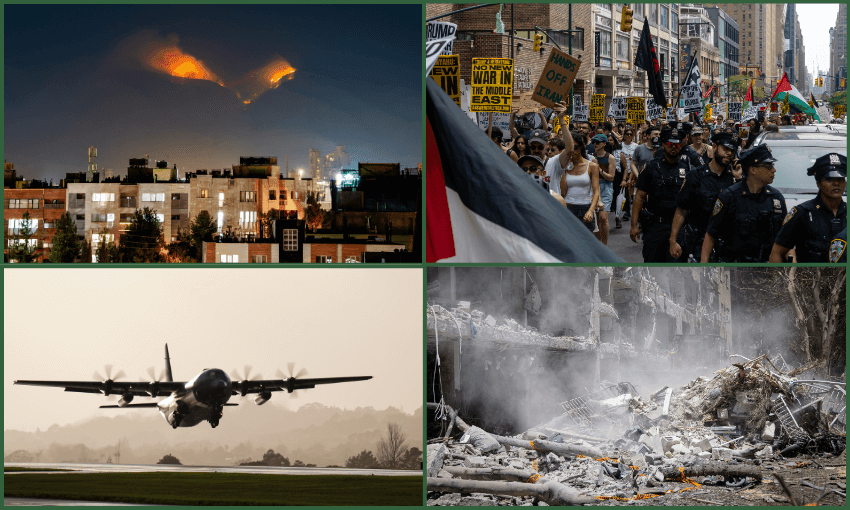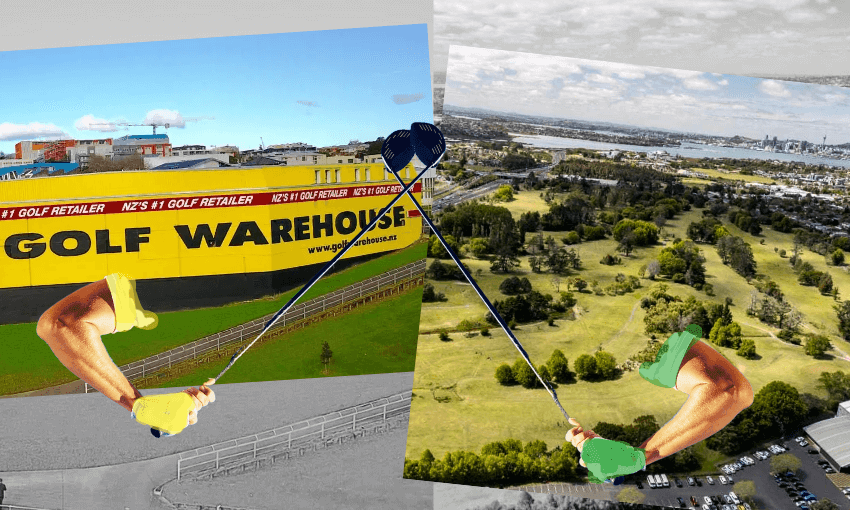A Fonterra manager with no scientific background was announced as a member of the PM’s science and technology advisory council in May. Documents released under the Official Information Act show she had sent Christopher Luxon a text message to tell him she was keen for the gig to ‘support this national mission’.
When the makeup of the prime minister’s science, innovation and technology advisory council – designed to advise the government on where to direct scientific funding to “drive economic growth” – was announced in May, some scientists expressed concern that half of the six members came from agriculture backgrounds and had no academic scientific experience. One of those was Komal Mistry-Mehta, chief innovation and brand officer at Fonterra, who, an Official Information Act request has now revealed, was appointed after she texted the prime minister to say she was keen to support the “national mission”.
The establishment of the science, innovation and technology advisory council was announced in January 2025, alongside some of the “most significant science reforms in three decades”. Setting up the council was one of many recommendations made by the Science System Advisory Group, which was tasked with reviewing the science sector in May last year. The review recommended the group be made up of “distinguished New Zealand scientists who are not institutional leaders, and individuals from the innovation sector and business”.
In May 2025, the members of the advisory council were unveiled, including Sir Peter Gluckman, who led the science sector review, and John Roche, a dairy industry expert and chief science adviser for the Ministry of Primary Industries, who was appointed deputy chair. Roche was also named as the prime minister’s chief science adviser, ending a 310-day wait for a replacement for Dame Juliet Gerrard, who left the role in June 2024. Science, innovation and technology minister Shane Reti was appointed chair of the council, and $5.8m was set aside in the budget to fund its establishment and operation over the next five years.
Half of the group’s six members have backgrounds in dairy, though Roche is the only one with both agricultural and scientific expertise. Craig Piggott is the founder and head of Halter, an agri-tech company which develops smart-collars for cow and sheep herding, and before that he was working as a mechanical engineer for Rocket Lab, while Fonterra chief innovation and brand officer Komal Mistry-Mehta has held a number of high-level jobs at Fonterra, including heading the company’s corporate venture branch, and has a background in law.
Communications released to The Spinoff under the Official Information Act show that after the advisory council’s establishment was announced on January 23, Mistry-Mehta texted Luxon on February 4 to let him know she was keen on securing a role within the council. “I saw the recent Science & Technology changes and I think it’s a positive step forward for New Zealand, and I’m a big believer in the laser focus on growth,” she wrote.
“As someone who is sharply focused on the commercialisation of R&D [research and development] globally, I wanted to reach out to let you know I would love to support this national mission on your council, or in whatever capacity that would be valuable.”
Luxon replied eight days later, on the morning of February 12. “That’s awesome, Komal, thanks so much for stepping up,” he wrote back. Six minutes later, he forwarded Mistry-Mehta’s text message to Reti, with the note: “Komal leads Fonterra R&D. She won Young Exec of the Year a few years back.”
A couple of months later, on May 8, the day after the council appointments were announced, Mistry-Mehta sent Luxon another text, telling him she was “excited to get stuck into the council”. He replied 14 minutes later: “You are going to be awesome, and thank you so much for stepping up for New Zealand.”
Reuben Davidson, the Labour Party’s science, innovation and technology spokesperson, told The Spinoff that there had been criticism from across the scientific community that the government’s approach was “all about the old economy”. “A Fonterra appointment confirms that, with a healthy dose of cronyism,” he said.
“Is it about finding the best people for our boards, or just handing out roles to those people who can text the PM directly?” Davidson said. “We shouldn’t need to OIA text messages from the PM to find out how critical board appointments are being made.”
The New Zealand Association of Scientists co-president Lucy Stewart told The Spinoff that prioritising the commercialisation of research and development (R&D) was like holding a marathon with short-distance runners, and having no one to complete the rest of the race. The association was “incredibly concerned” that certain areas of science would be defunded because they were not seen as financially viable, she said, as was seen with humanities and social sciences being cut from Marsden Fund grant eligibility in December last year.
The review that recommended the establishment of the advisory council emphasised the importance of science, innovation and technology beyond its role in economic growth. “One of the current government’s five key economic strategies is to exploit the research and innovation system,” it said. “But the system has much broader roles to play in terms of national wellbeing, and in stewardship of the nation’s physical, environmental, social and human assets.”
New Zealand has historically been “not very good” at commercialising R&D, Stewart said, but not for lack of care – “there’s lots of variants of science where it’s not very straightforward [to make a profit]. If it was easy, everyone would be doing it.” She said her main concern over Mistry-Mehta’s appointment was that if Fonterra was interested in working on science research, they should be investing in it themselves.
“The board is clearly weighted and being asked to do work that leans in a particular direction,” Stewart said. “They’re supposed to set the direction, and if they start deprioritising things – even if it gets changed in the next few years – it’s going to be really damaging, and the impacts could be long term.”






